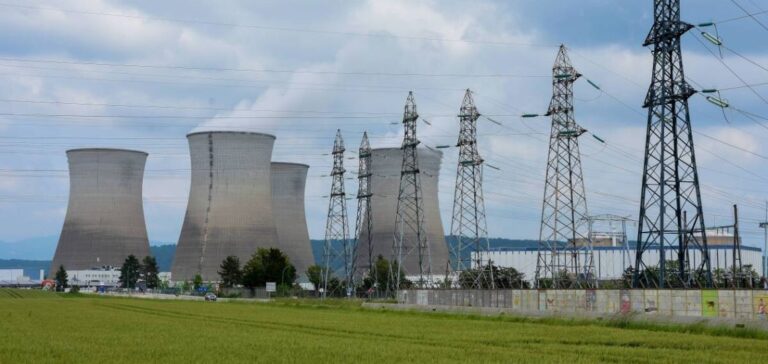The opposition of the Rassemblement National (RN) to the new price regulation mechanism applied to the nuclear sector has sparked intense debates within parliamentary bodies. Article 4 of the bill, which reforms the remuneration of EDF (Electricity of France) for its nuclear production, is at the heart of these disputes.
Regulation and Stakeholder Positions
According to Emmanuelle Wargon, president of the CRE, the mechanism—designed to replace the current system known as Arenh (Regulated Access to Historical Nuclear Electricity), which has been in force for about 15 years—does not immediately lead to price increases, as market rates remain close to those previously applied. Ms. Wargon clarifies that Article 4 establishes a new framework aimed at protecting consumers by levying a fraction of EDF’s additional revenues when prices exceed certain thresholds (50% between 78 and 110 euros/MWh and 90% beyond 110 euros/MWh).
During the debates in the joint committee on the 2025 budget, RN deputy Jean-Philippe Tanguy threatened to censure the government if Article 4 were not removed, arguing that this mechanism could cause an increase in tariffs for all consumers, both residential and industrial.
Market Implications
The revision of EDF’s remuneration framework stems from an agreement between the State and the utility announced in November 2023, setting an average price of approximately 70 euros/MWh over a 15-year period and opening the possibility for electricity to be sold on the markets. This initiative is part of a broader effort to rethink the energy mix and adapt the pricing policy to the sector’s evolving dynamics.
Effects on EDF and Consumers
Ms. Wargon further highlights a paradox: the RN’s opposition to the mechanism—claimed in the name of consumer protection—contradicts the protective role intended by this article. Additionally, the CRE announced that it will deliver its decision regarding the peak/off-peak hours regime next week. This announcement comes as part of a consultation aimed at adapting the system to changes in consumption patterns and the evolving energy mix. These measures are set to be thoroughly analyzed by the competent authorities, with no definitive conclusion drawn at this stage.





















